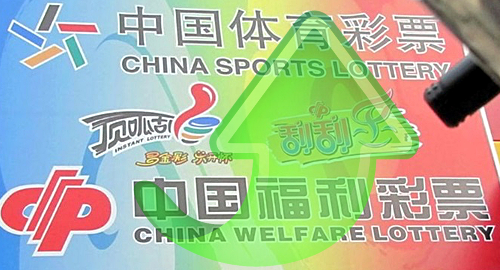 Sports betting continues to drive China’s official lottery sales as the post-World Cup betting enthusiasm shows no sign of dampening.
Sports betting continues to drive China’s official lottery sales as the post-World Cup betting enthusiasm shows no sign of dampening.
On Friday, China’s Ministry of Finance reported that overall lottery sales hit RMB43.2b (US$6.2b) in the month of October, a 12.2% rise over the same month last year. Over the first 10 months of this year, overall lottery sales are up 22.2% to RMB425.7b ($61.3b).
The overall numbers continue to be driven by the sports lottery business, which reported October’s sales up 20.5% to RMB23.3b. For the year-to-date, sports lottery sales are up 40.8% to RMB 241.5b.
Activity was far more tepid with the once dominant welfare lottery, which reported October sales rising 3.3% to RMB18.9b. Welfare lottery sales to date in 2018 are up 4.1% to RMB184.2b.
The sports lottery’s sales overtook those of its welfare lottery counterpart in April as excitement built over this summer’s FIFA World Cup. The sports lottery’s monthly totals have shrunk somewhat since that month-long sales frenzy but continue to post strong double-digit annual growth.
China’s sales increase has come despite the ongoing moratorium on online sales that is rapidly approaching its fourth anniversary. The lifting of that suspension appears even less likely following last month’s revelations of yet more top welfare lottery administrators being probed for suspected corruption.
The CEO of China’s lottery technology services provider AGTech Holdings recently suggested that China could double its lottery returns via effective regulation of online sales channels. Speaking at the Asia Gaming Summit in Taipei, John Sun said online regulation would be a “win-win” for lottery customers and the government, with the added sales providing more funding for “social services, sports installations, etc.”
Sun told the Macau News Agency that China’s lottery penetration rate “is still below 10%” compared to 60% in the United States and 80% in Thailand. Sun lamented that “the current betting shops are not up to international standards” while suggesting that modern online lottery channels could open up a whole new market of middle-income players.
In addition to providing electronic terminals for retail lottery sales, AGTech also provides the Jiangsu Sports Lottery Administration Center with a virtual sports betting product called e-Ball Lottery through its AGT Beijing subsidiary. The product was first authorized in 2013 and AGTech recently announced that it had extended this deal for a further five-year term.





